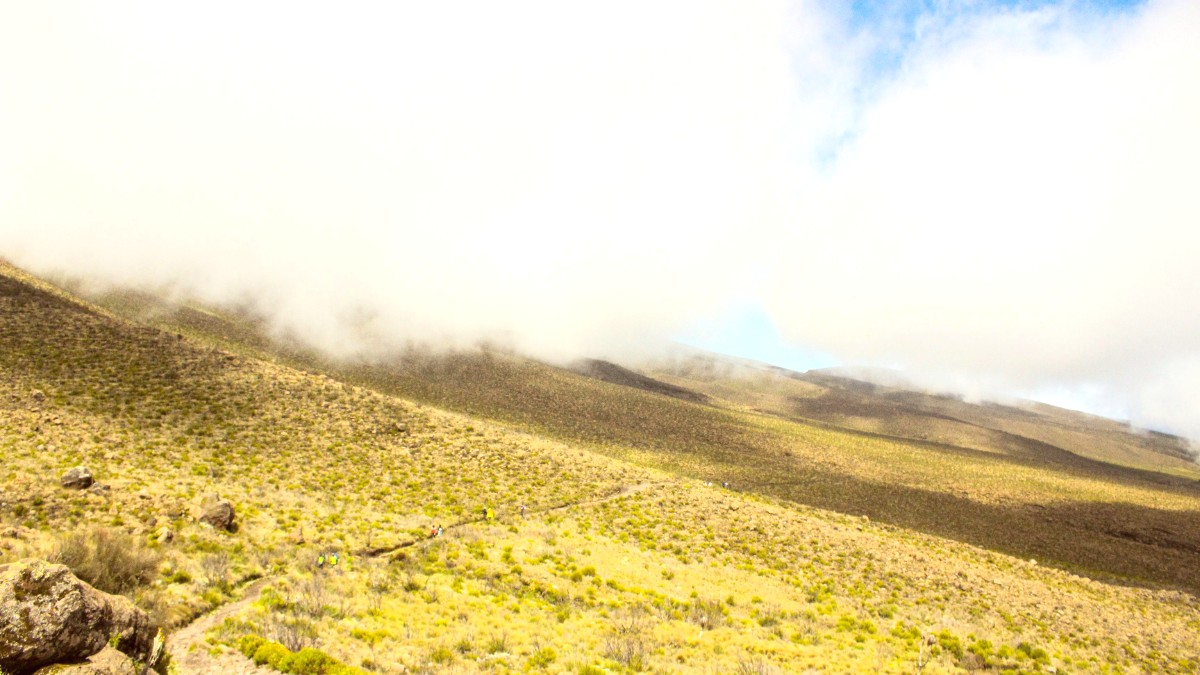
Tanzania
Kilimanjaro National Park is an UNESCO World Heritage Site with strict rules to preserve its unique ecosystems, including glaciers, flora, and fauna.
"Leave No Trace" principles are a must on Kilimanjaro; pack out all waste. Tanzania has limited recycling infrastructure, so minimizing plastic use and bringing a Reusable water bottle is advised.
Water is a precious resource. On the mountain, operators manage water use. Be mindful of your consumption, for example, limit excessive washing.
Your travel choices influence local communities and the environment.
Consider purchasing carbon offsets for your international flights.
Choose operators and accommodations committed to sustainability.
Support community-based tourism initiatives.
Mindful interactions with locals contribute to positive experiences.
Seek permission before taking photos of people, especially children or Maasai. Be mindful of individual privacy and dignity. Focus on natural landscapes and authorized areas.
Avoid "poverty tourism" photography. Do not photograph sensitive areas like government buildings or military installations. Respect any refusal to be photographed.
Thoughtful choices lessen your footprint and build positive connections.
Your spending plays a part in supporting the local economy.
Activities that directly benefit local communities.
Support local artisans and ethical practices.
Directly contribute to the local economy by patronizing local establishments.
Be aware of potential exploitation and make responsible decisions.
If you wish to contribute, do so through established organizations.
Donate through reputable non-governmental organizations (NGOs) for local development.
Consider giving to community projects rather than direct handouts.
Consider purchasing outdoor gear from companies with strong sustainability commitments like Patagonia.
Support tour operators who are members of and adhere to the guidelines of the Kilimanjaro Porters Assistance Project (KPAP). KPAP ensures fair pay, proper clothing, food, and good treatment for porters. Always inquire about your operator's KPAP status.
Your economic decisions contribute to local communities and ethical tourism practices.